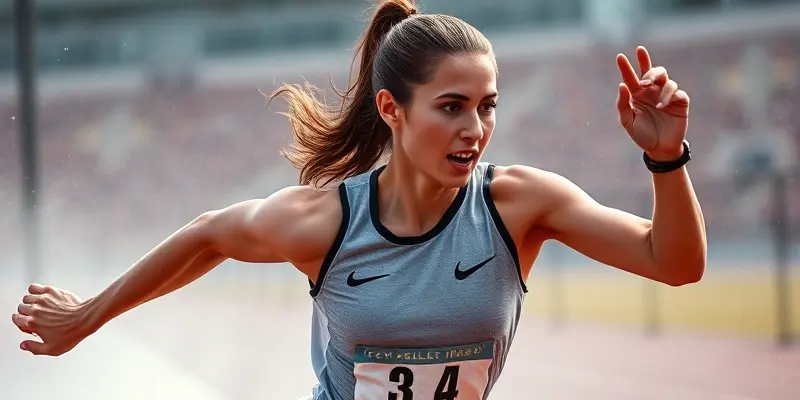Paleo Lifestyle for Athletes: Injury Prevention, Recovery, and Performance Enhancement
As a fitness enthusiast, amateur athlete, or even a professional in training, understanding the critical role of nutrition, recovery strategies, injury prevention, and the challenges athletes face in their dietary and performance choices is crucial. Combining the principles of the Paleo lifestyle with Google’s standards for creating helpful, reliable, and people-first content, let’s delve into how you can optimize your athletic journey.
Benefits of the Paleo Diet for Athletes
Muscle Maintenance and Development
- The Paleo diet’s focus on protein-rich foods supports muscle repair and growth.
Inflammation Reduction and Recovery
- By eliminating processed foods, inflammation is reduced, aiding in quicker recovery post-workout.
Immune System Support
- High intake of fruits and vegetables in the Paleo diet provides essential vitamins and minerals for a robust immune system.
Metabolic Alkalosis
- Neutralizing blood acidity can prevent muscle protein breakdown, a common concern for athletes.
Nutrition Plans for Recovery
Protein-Rich Foods
- Incorporate lean meats, fish, and poultry to aid in muscle repair and recovery.
Complex Carbohydrates
- While Paleo diets are low in complex carbs, include fruits and roots for necessary energy replenishment. One useful resource to consider is a detailed injury recovery checklist that can guide you through this process effectively.
Healthy Fats
- Essential for energy and hormone regulation, don’t skimp on healthy fats in your diet.
Preventing Common Sports Injuries
Warm-Up and Stretching
- Proper warm-up routines mitigate muscle strain and lower the risk of injuries.
Strengthen Core and Supportive Muscles
- Exercises that enhance core strength and stability are vital for injury prevention.
Listen to Your Body
- Rest when needed to avoid overtraining and minimize the chances of injury.
Tools and Gadgets for Muscle Repair
Foam Rolling and Massage
- Aid in reducing muscle soreness and enhancing blood circulation for better recovery.
Compression Gear
- Enhances blood flow and supports muscle recovery post-exercise.
Psychological Strategies for Motivation During Rehabilitation
Set Realistic Goals
- Break down your recovery process into achievable milestones to stay motivated.
Stay Engaged
- Participate in low-impact activities or mental training to maintain your connection with your sport. Additionally, explore the benefits of visualization for healing to complement your psychological strategies further.
Challenges of the Paleo Diet for Endurance Athletes
Carbohydrate Intake
- Endurance athletes requiring high energy levels might struggle with the low carbohydrate content of the Paleo diet.
Adaptation Strategies
- Incorporate additional carbohydrates during intense training periods to meet energy demands without compromising your Paleo lifestyle.
In conclusion, the Paleo lifestyle offers significant benefits for athletes in recovery, injury prevention, and performance enhancement. By combining these dietary principles with optimal recovery strategies, you can maximize your athletic potential while minimizing the risk of injuries and downtime. Stay strong, eat well, and perform at your best!
Are you ready to optimize your athletic journey with the Paleo lifestyle? Share your thoughts and experiences in the comments below!

